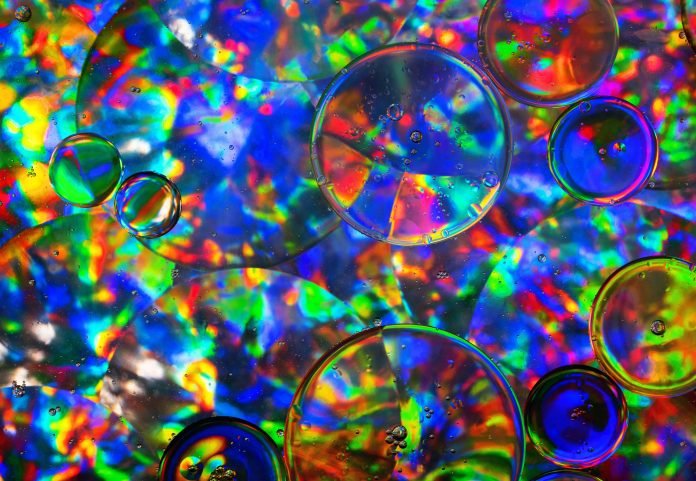Recently, the conversation surrounding psychedelics has transformed from countercultural taboo to a subject of scientific intrigue and potential therapeutic use. One of the major debates is the contrasting practices of microdosing and taking full doses of these substances. This article delves into the differences in effects, benefits, and risks associated with each approach.
Microdosing: The basics
Microdosing refers to the practice of consuming a sub-perceptual amount of a psychedelic substance, typically 1/10th to 1/20th of a recreational dose.
This means that the dose is so small, it doesn’t produce a full-blown psychedelic experience or “trip”.
The substances most commonly microdosed include LSD, psilocybin mushrooms, and, to a lesser extent, DMT and mescaline.
Full doses: A complete dive
A full dose, on the other hand, is taken with the intention of inducing a complete psychedelic experience.
Depending on the substance, this can mean vivid hallucinations, altered perceptions, heightened emotions, and introspective insights.
A full dose can range in strength, from moderate to strong, but will always be significantly more intense than a microdose.
Effects of microdosing & full doses
- Microdosing: Users report subtle enhancements in mood, cognition, and creativity. The effects are typically understated, with some individuals even questioning if they feel anything at all. Over time, however, many report noticeable improvements in day-to-day functioning, heightened emotional awareness, and an increase in open-mindedness.
- Full Doses: These produce pronounced alterations in consciousness. Individuals may undergo powerful, transformative experiences, explore deep-seated emotions, or see the world in an entirely new light. The effects can be both positive, such as feelings of interconnectedness, or negative, such as confrontations with personal fears.
Benefits of microdosing & full doses
- Microdosing: The most commonly cited benefits include enhanced focus, emotional stability, heightened creativity, and improved mental flexibility. Some individuals utilise microdosing as an alternative to traditional medications for conditions like depression, anxiety, and ADHD.
- Full doses: When used in controlled, therapeutic settings, full doses of psychedelics have shown promise in treating a range of mental health disorders, including depression, PTSD, and substance abuse. Many users also report profound spiritual experiences, which can lead to long-term personal growth.
Risks
- Microdosing: While microdosing is generally considered safe, some users have reported side effects, including anxiety, restlessness, and insomnia. There’s also a lack of long-term research on the practice, which means potential risks might not yet be fully understood.
- Full doses: The risks associated with full doses are more pronounced. Users can experience “bad trips”, which can be psychologically distressing. Additionally, while rare, there’s a potential for individuals to engage in risky behaviours while under the influence. It’s also worth noting that those with a family history of psychosis or certain mental health conditions may be at risk of exacerbated symptoms after using psychedelics.
Conclusion
Both microdosing and full doses of psychedelics offer unique effects, benefits, and risks. While microdosing provides a gentle boost to day-to-day functioning, full doses have the potential for profound, life-altering experiences.
As with any substance, it’s essential to approach psychedelics with caution, respect, and a desire to understand oneself better.
Remember, this is an ever-evolving field of study, and as more research emerges, our understanding of these practices will undoubtedly deepen.
If considering the use of psychedelics, always seek guidance from trusted professionals and adhere to the legal regulations of your jurisdiction.


